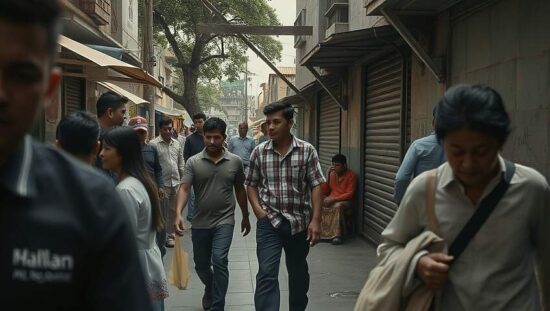Months of contentious debate surrounding cuts to citizen’s income have spurred a surprising shift within the German Social Democratic Party (SPD), with factions now advocating for increased taxation of the wealthy as a solution. Both the left-leaning Jusos (Young Socialists) and the more conservative Seeheimer Circle within the SPD parliamentary group have independently drafted proposals for a significant overhaul of inheritance and gift tax, according to reporting by the Redaktionsnetzwerk Deutschland.
The Jusos’ proposal utilizes stark language, asserting that the growing disparity between capital and labor “threatens to destroy the democratic and social rule of law”. They frame the issue as a class struggle, arguing that the current system erodes public trust and fuels disengagement from democratic processes. The Seeheimer Circle’s analysis presents a more nuanced but equally critical assessment, highlighting that over half of Germany’s total private wealth now originates not from earned income, but from inherited or gifted assets – a trend predicted to continue. This dynamic, they argue, perpetuates unequal opportunity, deepens social divisions and fosters growing resentment.
SPD parliamentarian Parsa Marvi, co-author of the Seeheimer Circle paper alongside Philipp Rottwilm, underscored the urgency, stating, “The current situation is untenable. Large corporate assets can be transferred virtually tax-free while smaller inheritances face disproportionately high levies”. The proposal calls for a fairer system where exceptionally large inheritances are adequately taxed, generating revenue to secure jobs, support businesses and provide targeted relief for families. Marvi urged the coalition government to prioritize this reform as a core project. Rottwilm further advocated for universal workplace pension schemes.
The growing pressure for action stems from a broader sense of disillusionment within the SPD. Jusos leader Philipp Türmer criticized the coalition’s hesitancy, claiming they have avoided addressing pressing issues of social justice. He emphasized the need for a revitalized social democracy, confident in its values and acutely aware of its significance. Türmer also acknowledged a critical self-assessment within the Jusos, spurred by a worrying trajectory for the SPD. The emergence of such divergent yet convergent proposals underscores a growing internal conflict within the party and raises questions about the sustainability of the current economic model and the coalition’s ability to address simmering societal discontent.





